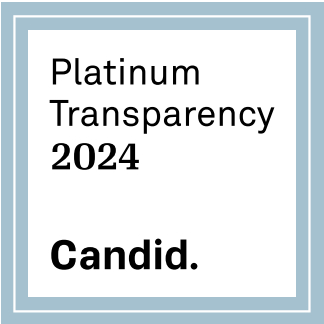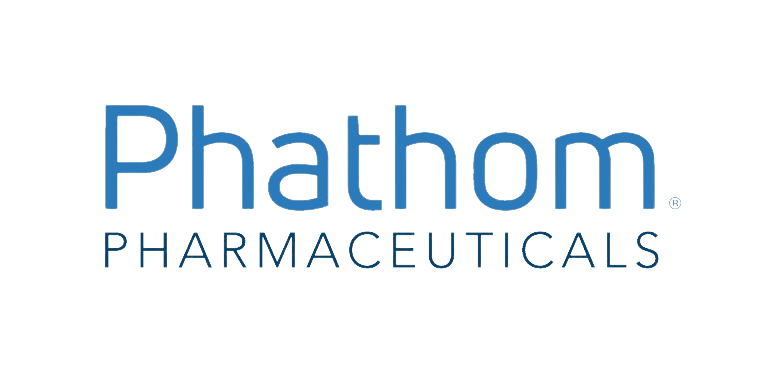The classes of medications prescribed to treat gastroesophageal reflux disease (GERD) are promotility agents, H2 blockers, and proton pump inhibitors.
Promotility drugs
Promotility drugs can be helpful in some people (after careful screening for known risk factors) with non-erosive GERD or mild esophagitis. Significantly, there are reported adverse effects of the drug cisapride (Propulsid) in people with certain preexisting conditions and some known drug interactions that can be associated with dangerous cardiac arrhythmias.
The FDA announced on March 23, 2000 that Janssen Pharmaceutica has decided to stop marketing Propulsid in the U.S. as of July 14, 2000. The drug will continue to be available to patients who meet specific clinical eligibility criteria for a limited-access protocol. The action by Janssen is voluntary and the effective date is intended to provide time for patients and physicians to make treatment decisions. Individuals who are currently prescribed cisapride are urged to promptly contact their health care providers to discuss use or alternatives. Be sure to discuss this with your physician.
H2 blockers
H2 blockers reduce the amount of acid produced in the stomach. In prescription doses, they eliminate symptoms and allow esophageal healing in about 50% of patients. However, remission is maintained in only about 25% of people using H2 blockers.
Proton pump inhibitors (PPIs)
Proton pump inhibitors (PPIs) limit acid secretion in the stomach. They allow rapid resolution of symptoms and healing of the esophagus in 80-90% of patients. The drug is also useful in managing stricture, one of the more serious complications of GERD.
Even after symptoms are brought under control, the underlying disease remains present. It is possible that a person may need to take a medication for the rest of their life to manage GERD. Long-term use of medication – whether prescription or nonprescription – should be under the direction and supervision of a physician. Side effects are rare; nonetheless, any drug can potentially have adverse effects.
Read more about long-term GERD treatments
Read more questions and answers about medications and GERD
Adapted from IFFGD Publication: GERD Brochure. Contributors: Joel E. Richter, M.D., F.A.C.P., M.A.C.G., Director, USF Division of Digestive Diseases and Nutrition; Director, USF Joy McCann Culverhouse Center for Swallowing Disorders; Endowed Chair, Division of Internal Medicine; and Professor, Department of Oncologic Sciences, College of Medicine, University of South Florida, Tampa, FL; Philip O. Katz, M.D., F.A.C.G., Head, Esophageal Testing Laboratory, Albert Einstein Medical Center, Philadelphia, PA; and J. Patrick Waring, M.D., Attending Physician, Digestive Healthcare of Georgia, Piedmont Hospital, Atlanta, GA.









